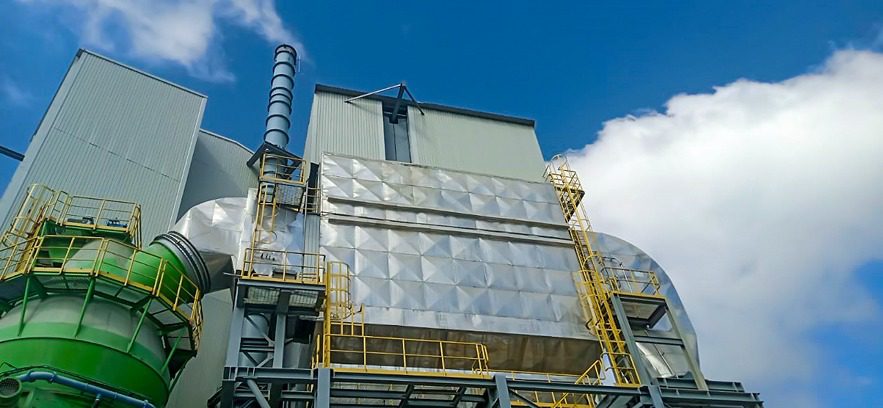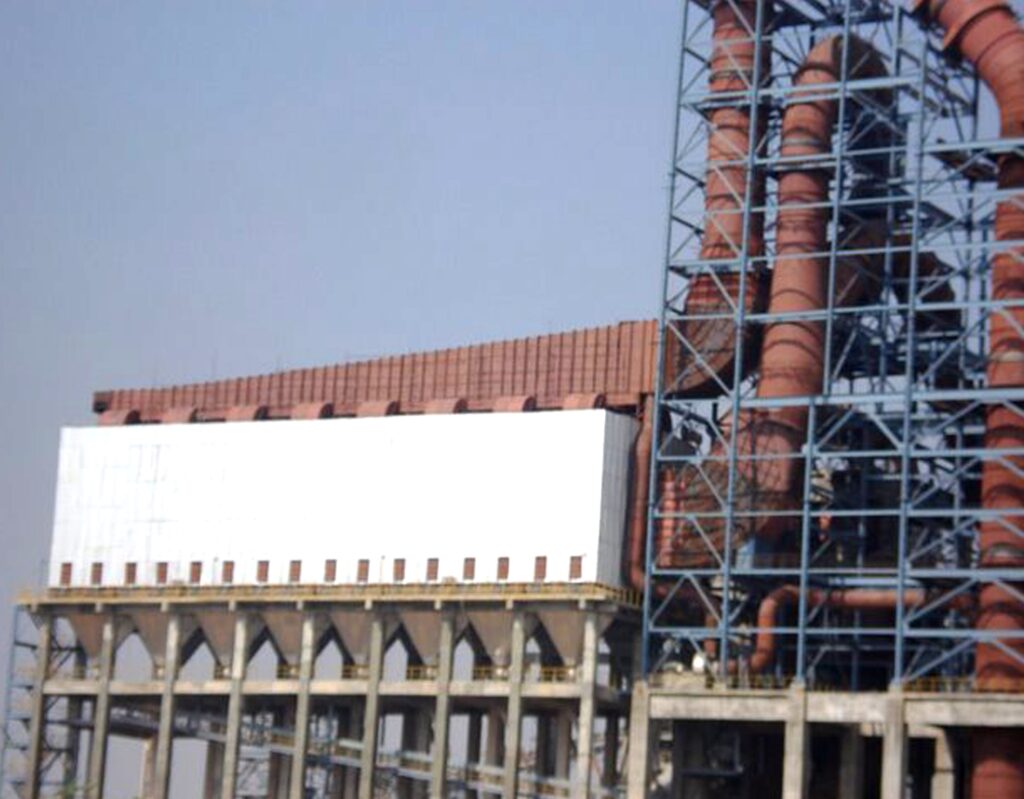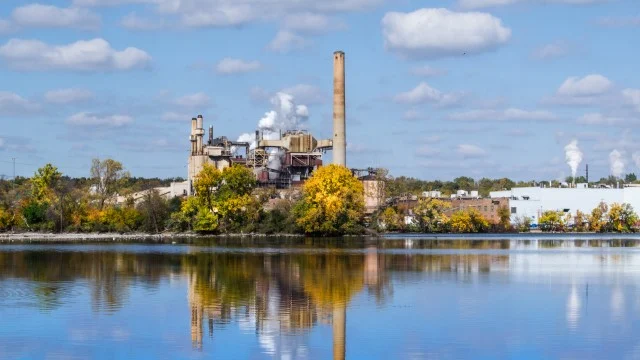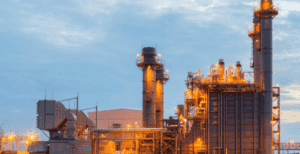In the fast-evolving industrial landscape, optimizing energy efficiency has become an imperative for companies worldwide. This includes the critical area of industrial air filtration, which is central to maintaining a healthy and sustainable environment. This blog delves into the significant role that energy-efficient air filtration processes play in addressing environmental compliance challenges. It explores the strategies, technologies, and incentives available to industries striving to balance compliance with energy efficiency, demonstrating the powerful connection between environmentally responsible practices and cost savings.
The Energy-Efficiency Imperative
As industries face increasingly stringent environmental regulations, the need to reduce environmental impact has never been greater. Traditional industrial air filtration systems were often energy-intensive, resulting in higher operational costs and a larger carbon footprint. In response, industries are turning to energy-efficient filtration technologies to meet compliance standards and reduce operating expenses simultaneously.
Advanced Filtration Technologies
To optimize energy efficiency, industries are embracing cutting-edge filtration technologies. Electrostatic Precipitators (ESPs) are a prime example of high-efficiency, low-energy-consumption filtration systems. Their design ensures exceptional particle collection efficiency while minimizing power usage. Retrofitting existing filtration systems with ESP technology allows industries to markedly decrease energy consumption and potentially improve filtration efficiency.
The Evolution of Baghouse Filters
Baghouse filters, another common choice for industrial filtration, have evolved to become more energy-efficient. Today’s baghouse filters feature low-pressure drop designs, which reduce the energy required to move air through the filtration media. This innovation represents an environmentally conscious shift, reducing operational costs and energy consumption for companies that adopt these improved filtration systems.

Variable Frequency Drives (VFDs)

A key method to optimize energy efficiency in industrial air filtration is the application of Variable Frequency Drives (VFDs) for fan systems. VFDs allow industries to control the speed of fans based on actual filtration system requirements. This dynamic adjustment ensures that the system operates at the minimum necessary capacity, saving energy and reducing equipment wear. By modulating airflow based on real-time needs, VFDs contribute to substantial energy savings and promote a greener and more cost-effective approach to industrial air filtration.
Smart and Automated Control Systems
Modern industrial air filtration systems incorporate smart and automated control systems that feature real-time monitoring sensors. These sensors continuously assess parameters such as particulate levels, airflow, and pressure drop, enabling the system to adjust filtration operations for maximum efficiency. This automation reduces the need for constant manual intervention, fine-tuning the system for optimal performance and energy savings.
Incentives for Energy Efficiency
Governments and environmental agencies worldwide recognize the importance of energy-efficient filtration systems in reducing emissions and energy consumption. As a result, many of these entities offer incentives to encourage industries to adopt such technologies. These incentives often come in the form of tax breaks, rebates, or grants. By leveraging these programs, companies can recoup a portion of their investment in energy-efficient filtration technologies, further increasing the allure of implementing environmentally responsible practices.
Conclusion
Optimizing energy efficiency in industrial air filtration processes is far more than a mere compliance measure; it signifies a dedication to reducing operational costs, environmental impact, and the overall carbon footprint. In a world where sustainability is paramount, energy-efficient filtration solutions have taken center stage in industrial innovation. Not only do they meet regulatory requirements, but they also contribute to cleaner, greener, and more cost-effective industrial practices. Industries that embrace energy-efficient filtration technologies gain a competitive edge by reducing operating costs, improving air quality, and minimizing their environmental footprint.
This commitment to energy efficiency offers an opportunity for industries to transition to cleaner, more sustainable practices, and as the future continues to prioritize sustainability, energy-efficient industrial air filtration will remain at the forefront of creating cleaner, more efficient industrial processes. By striking a balance between compliance and energy efficiency, industries are poised to advance as responsible corporate citizens and leaders in the transition to a more sustainable world.



